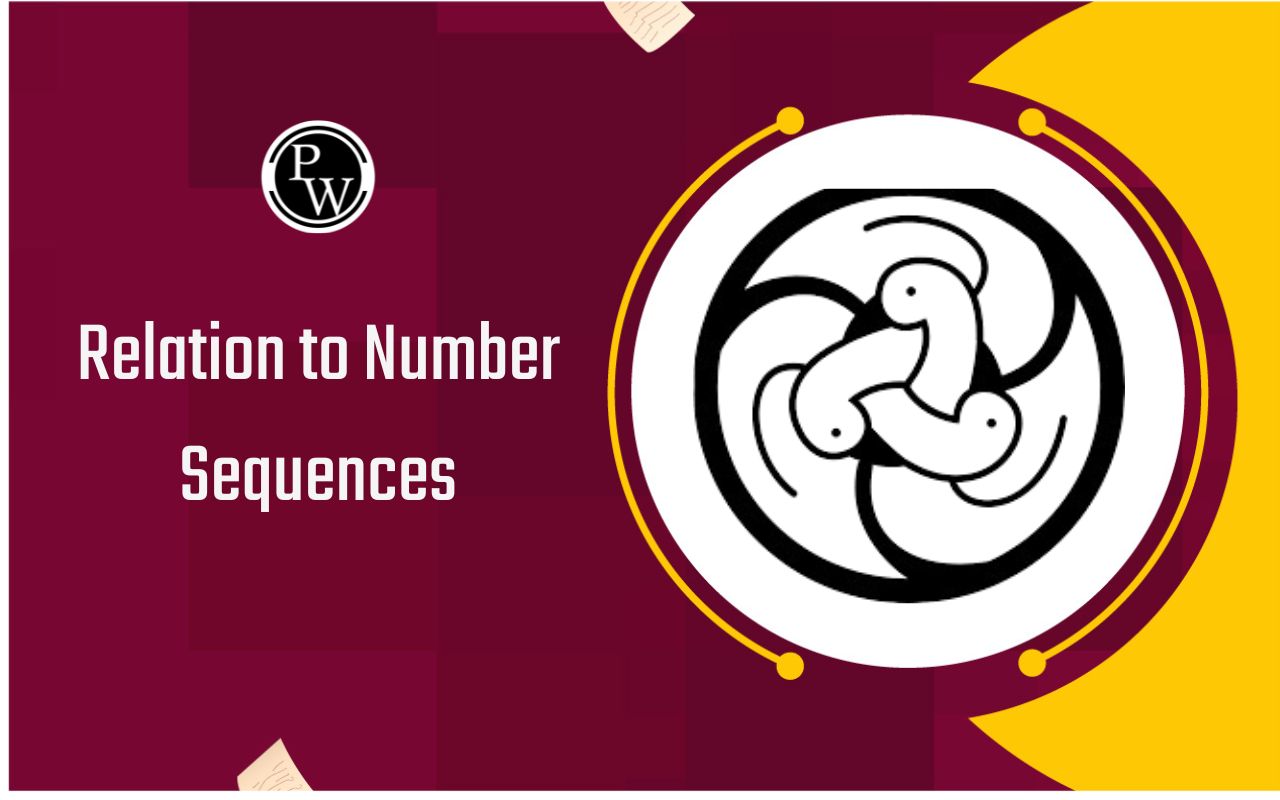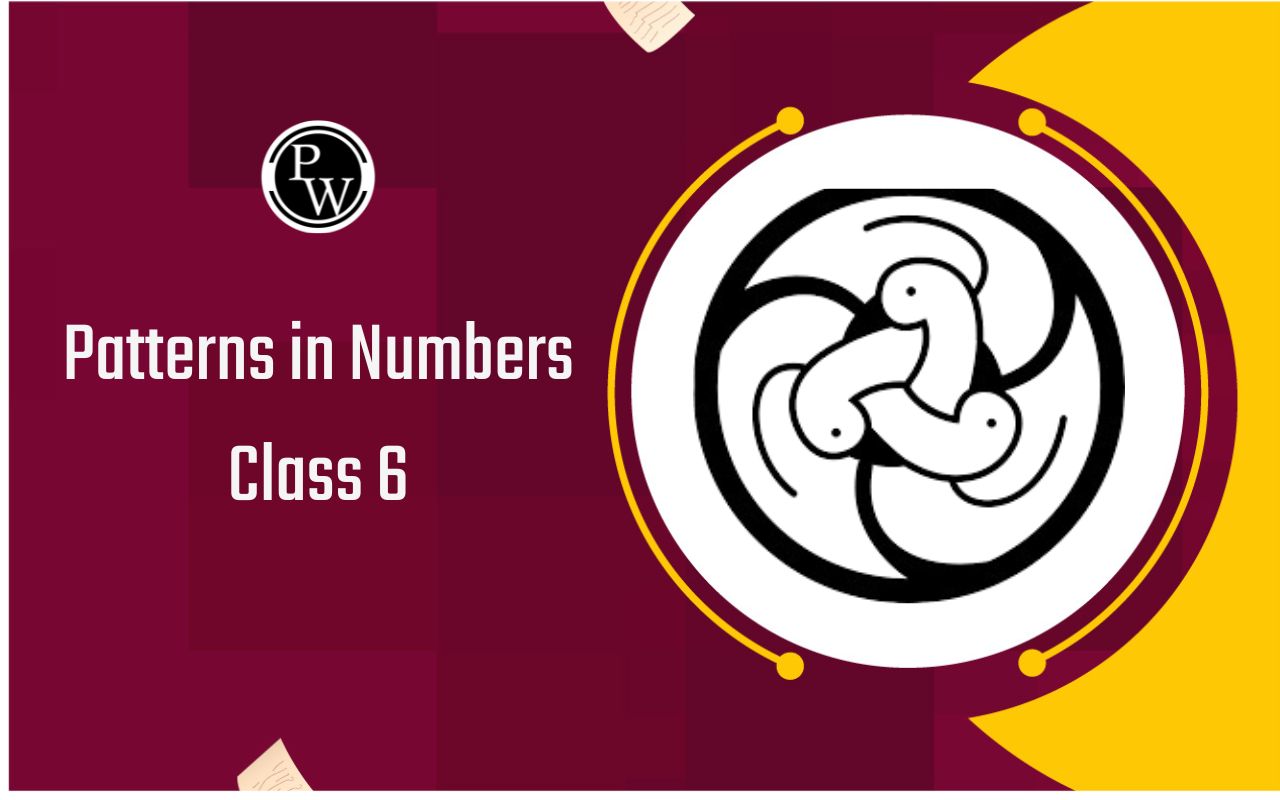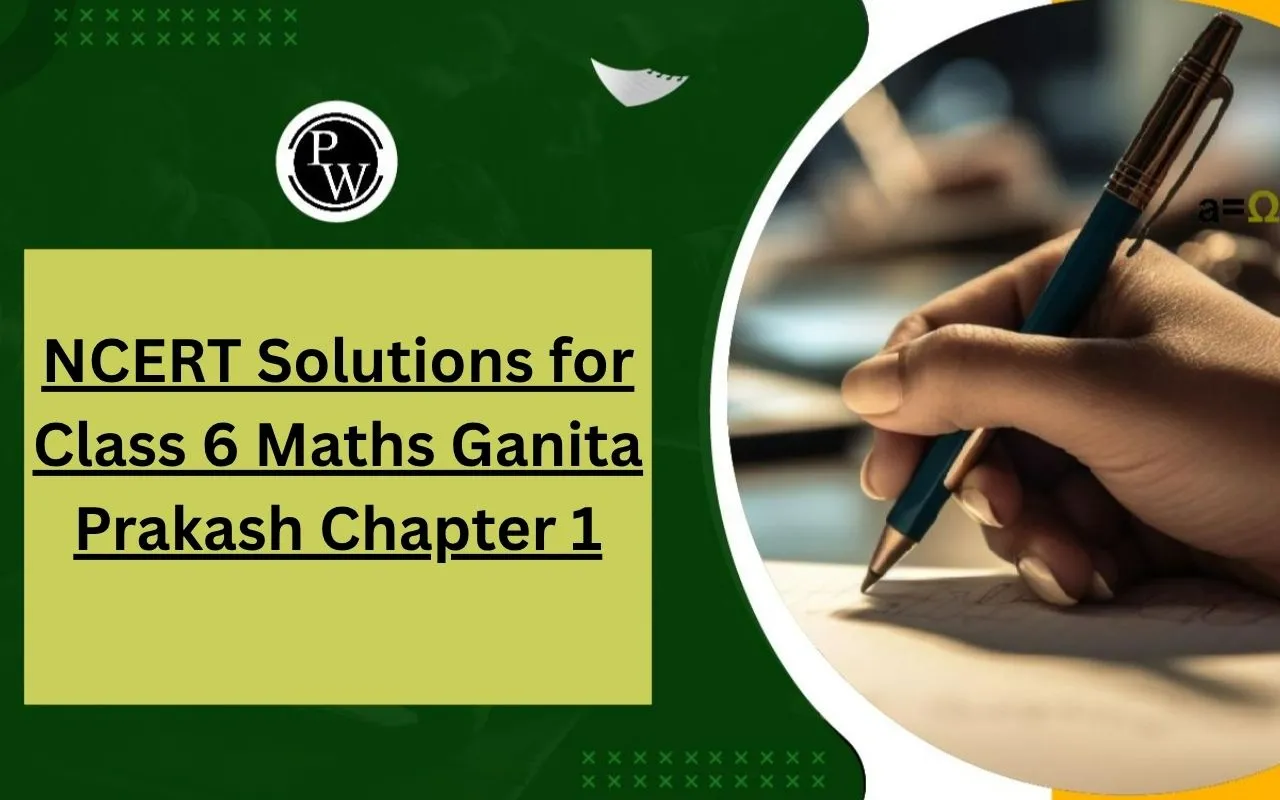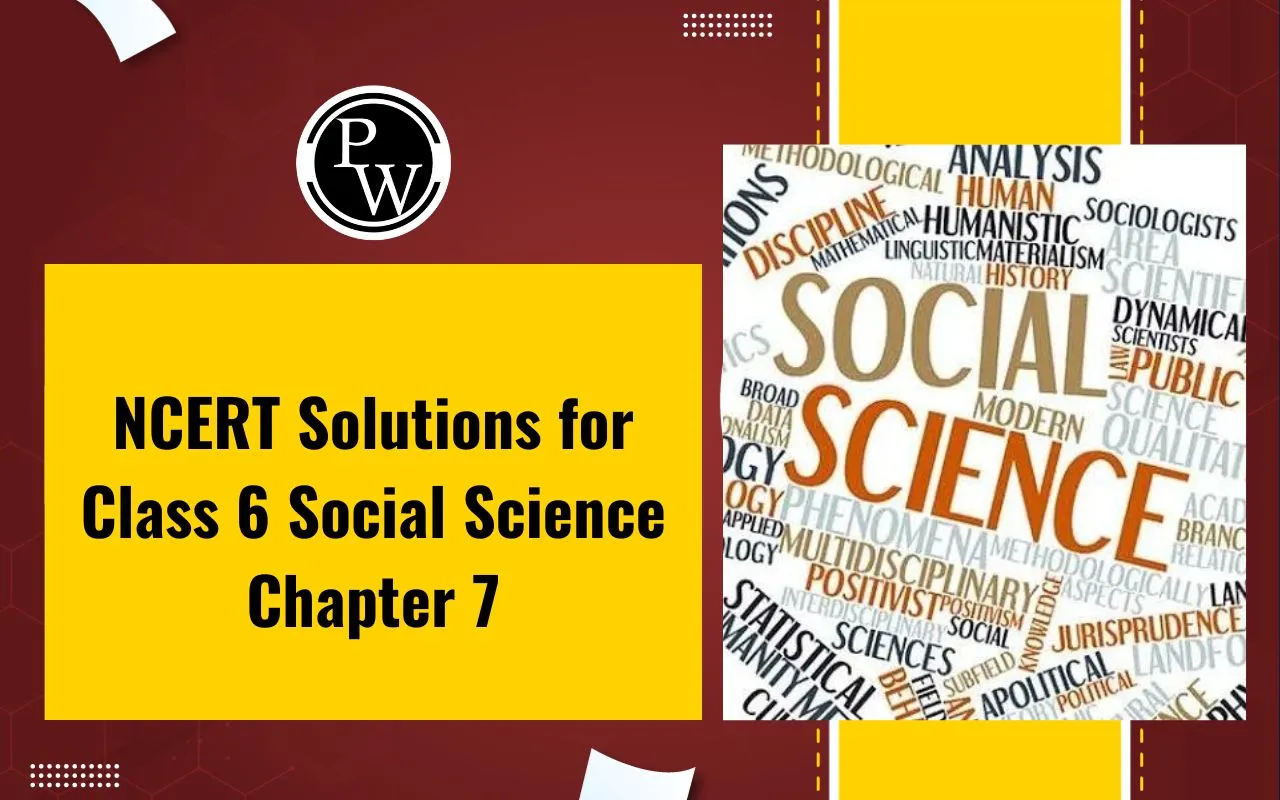
NCERT Solutions for Class 6 English Honeysuckle Poem Chapter 5
NCERT Solutions for Class 6 English Honeysuckle Poem Chapter 5 explain the fascination children have for their teachers. Peter Dixon’s intriguing poem explains how children find their teachers special hence failing to see them as regular human beings with perfectly normal lives. The poem has a wonderful touch of humour and it’s a very entertaining read. Peter Dixon’s wonderfully funny poem Where Do All The Teachers Go? is a hilarious take on how students are curious about their teachers lives and how they harbour some truly strange thoughts about them. They find it hard to come to terms with the fact that a teacher is very much a normal human being just like any of us.NCERT Solutions for Class 6 English Honeysuckle Poem Chapter 5 Where Do All The Teachers Go
Physics Wallah’s NCERT Solutions for Class 6 English Honeysuckle Poem Chapter 5 make it very easy for students to understand what the poet Peter Dixon conveys in his poem with its simple English. Our easy to understand solutions are a great help to all students, especially the weaker ones who find no trouble in forming a clear and thorough understanding of this entertaining poem. We make sure that our solutions written in easy English make learning a joy for all students. After they have gone through our solutions, forming their own answers becomes much less challenging for them. It only requires regular studying combined with sufficient writing. Our easy solutions successfully foster an interest in the poem among the students and they read it keenly which makes learning a joy. There’s also the option for free NCERT Solutions For Class 6 English Honeysuckle Poem Chapter 5 PDF Download . It gives students the liberty to access our solutions on their devices whenever it’s convenient for them. This has come as a great help to students in remote places and to those facing financial challenges who now have ready access to quality study materials. Here are the solutions for Class 6 English Honeysuckle Chapter 5 Peter Dixon’s
Where Do The Teachers Go?
Study them well and face your exams with confidence.
Question 1:
Answer these questions.
Here are the solutions for Class 6 English Honeysuckle Chapter 5 Peter Dixon’s
Where Do The Teachers Go?
Study them well and face your exams with confidence.
Question 1:
Answer these questions.
(i) Why does the poet want to know where the teachers go at four o’clock?
(ii) What are the things normal people do that the poet talks about?
(iii) What does he imagine about?
(a) Where do teachers live?
(b) What they do at home?
(c) Who are the people with whom they live?
(d) What were their activities when they were children in school?
(iv) Why does the poet wonder if teachers also do things that other people do?
(v) How does the poet plan to find out? What will he do once he finds out?
Answer: (i) The poet does not consider teachers as ordinary people. He feels that they are special human beings. Hence, he wants to know where the teachers go at four o’clock and what they do after school hours. (ii) According to the poet, normal people live in houses, freshen up after returning home, wear pyjamas, wash their clothes, watch TV, live with their parents, make mistakes, lose books, get punished, scribble on their desks, wear old dirty jeans and linen, etc.(iii)
(a) He imagines that his teachers live in houses along with their families. (b) They wash their socks, wear pyjamas at home, pick on their noses and even watch TV. (c) They live with their parents and other family members. (d) During childhood, even they were bad, made mistakes, spelled a word incorrectly and were punished for eating chocolates in class, they lost their hymn books, scribbled on desk tops or even wore dirty jeans, etc. (iv) The poet wonders if teachers also do things that other people do because he thinks that they are not ordinary but special human beings. He assumes that these teachers are always strict, never make any mistakes and are ideal in all respects. (v) The poet decided to get first-hand information about his teachers by following them on the way back home so that he could find out what they do after reaching home. Once he knows what they do, he plans to compose a poem, which the teachers would then read out to their students. Question 2:What do you think these phrases from the poem mean?
(i) Punished in the corner
(ii) Leave their greens
Answer: (i) Punished in the corner: This phrase means getting caught for a misdeed in class and being made to stand in the corner of the classroom as a punishment. (ii) Leave their greens: Some children leave cooked green vegetables uneaten or throw them into the dustbin. The phrase “leave their greens” in the poem means that teachers eat green vegetables and do not throw them away.CBSE Board Exam Centre List 2024
NCERT Solutions for Class 6 English Honeysuckle Poem Chapter 5 Important Questions
Here are the important questions for NCERT solutions for class 6 Honeysuckle poem chapter 5:
1) What is the theme of the poem "Where Do All The Teachers Go" by Peter Dixon? Answer: The theme of the poem revolves around the innocent curiosity of children about the lives of their teachers outside of school. It highlights how children perceive their teachers as extraordinary beings and wonder about their daily activities and lifestyle. 2) How does the poet portray the perception of children towards their teachers? Answer: The poet portrays children's perception of their teachers as superhuman beings who live a mysterious and fascinating life beyond the classroom. Children are depicted as curious and imaginative, wondering about various aspects of their teachers' lives such as where they go after school, where they live, and how they spend their free time. 3) What questions does the child in the poem wonder about regarding their teachers? Answer: The child wonders about various aspects of their teachers' lives, including where they go after school, where they live, whether they live in regular houses, if they do their own laundry, if they watch television in pyjamas, if they live with families, if they were mischievous as children, and if they made mistakes and got punished. 4) How does the poet use humor in the poem "Where Do All The Teachers Go"? Answer: The poet uses humor by depicting the innocent and amusing thoughts of the child regarding their teachers. The child's curiosity about whether teachers live ordinary lives, do mundane tasks, and have similar experiences as children adds a lighthearted and comical tone to the poem. 5) What does the poem "Where Do All The Teachers Go" reveal about the innocence of children? Answer: The poem reveals the innocence of children through their imaginative and curious perceptions of their teachers. It shows how children view their teachers as extraordinary beings and are fascinated by the idea of their lives outside of school. The child's innocent wonderings reflect their pure and unfiltered perspective on the world around them. 6) How does the poem "Where Do All The Teachers Go" reflect the universal curiosity of children? Answer: The poem reflects the universal curiosity of children by portraying the child's inquiries about the daily lives of their teachers. Children often have a natural inclination to question and wonder about the world around them, including the people they admire and interact with regularly, such as their teachers. The poem captures this curiosity and the child's desire to understand the mysteries of adulthood. 7) Discuss the significance of the title "Where Do All The Teachers Go" in relation to the poem's theme. Answer: The title "Where Do All The Teachers Go" encapsulates the central theme of the poem, which revolves around the child's curiosity about the whereabouts and activities of their teachers outside of school. It suggests the child's perception of teachers as enigmatic figures who seemingly vanish from their lives at the end of the school day, prompting questions about their lives beyond the classroom. 8) How does the poem celebrate the imagination and innocence of childhood? Answer: The poem celebrates the imagination and innocence of childhood by portraying the child's whimsical and imaginative thoughts about their teachers. Through the child's innocent inquiries and musings, the poem highlights the creative and curious nature of childhood, where even mundane aspects of adult life are viewed with wonder and fascination. 9) Analyze the role of humor in the poem "Where Do All The Teachers Go." Answer: Humor plays a significant role in the poem "Where Do All The Teachers Go" by adding a lighthearted and whimsical tone to the child's inquiries about their teachers. The humorous elements arise from the child's naive and amusing speculations about the activities and lifestyle of their teachers outside of school. This humor helps to convey the innocence and curiosity of childhood in an engaging and entertaining manner. 10) How does the poem "Where Do All The Teachers Go" evoke nostalgia for adulthood? Answer: The poem "Where Do All The Teachers Go" evokes nostalgia for adulthood by presenting the child's idealized and imaginative perception of teachers as mysterious and larger-than-life figures. Through the child's innocent wonderings about the lives of their teachers, the poem captures the nostalgia for the perceived freedom and autonomy of adulthood, where mundane tasks like laundry and television-watching take on a sense of fascination and allure.| CBSE Syllabus Class 6 | |
| CBSE Class 6 Science Syllabus | CBSE Class 6 Maths Syllabus |
| CBSE Class 6 Social Science Syllabus | CBSE Class 6 English Syllabus |
NCERT Solutions for Class 6 English Honeysuckle Poem Chapter 5 Short Questions
1) How does an ordinary person live in a house? Answer: An ordinary person lives by washing socks, wearing pyjamas, living with family, watching TV, and engaging in everyday activities like cleaning their nose. 2) What kind of mistakes do kids commit during their childhood? Answer: Children commit mistakes such as losing hymn books, avoiding green vegetables, scribbling on desks, and wearing dirty clothes during their childhood. 3) What does a little child think of his/her teacher? What does the child decide to explore? Answer: A little child views their teacher as a special and important person and wonders about their daily life, family, childhood, and past mischiefs. The child decides to explore the truth by visiting the teacher's home. 4) What is the mystery about the child’s school teacher? How does it plan to discover the truth? Answer: The mystery revolves around whether the teachers lead ordinary lives like washing socks, wearing pyjamas, and watching TV. The child plans to discover the truth by visiting the teacher's home and documenting the findings in a poem. 5) Do you think the poet considers his teachers to be like an ordinary man? Give reasons to support your answer. Answer: No, the poet does not consider his teachers ordinary because he wonders if they engage in everyday activities like washing socks, wearing pyjamas, or watching TV. He views teachers as perfect beings who never make mistakes.NCERT Solutions for Class 6 English Honeysuckle Poem Chapter 5 Long Questions With Answers
Q1. Discuss the theme of innocence portrayed in the poem "Where Do All The Teachers Go?". Answer: The poem "Where Do All The Teachers Go?" portrays the innocence of a child's perspective towards their teachers. Through the eyes of the child, the poem reflects how children perceive their teachers as extraordinary beings, almost akin to superheroes. The child wonders about the daily lives of teachers, contemplating whether they engage in mundane activities like washing socks, wearing pyjamas, or watching TV. This innocent curiosity highlights the child's belief that teachers lead a separate and mysterious existence beyond the school premises. Q2. Explore the significance of the child's questions in "Where Do All The Teachers Go?". Answer: The child's questions in "Where Do All The Teachers Go?" reflect their innocent curiosity and desire to understand the lives of their teachers. These questions are significant as they demonstrate the child's perception of teachers as enigmatic figures who exist beyond the confines of the classroom. By wondering about teachers' daily activities and personal lives, the child seeks to bridge the gap between the idealized image of teachers and their ordinary humanity. The questions also serve to humanize teachers, showing that they too engage in commonplace activities like the rest of society. Q3. Analyze the humor employed in "Where Do All The Teachers Go?". Answer: The poem "Where Do All The Teachers Go?" employs humor to highlight the child's innocent and comical perceptions of teachers. The humor arises from the child's amusing questions about teachers' daily routines, such as washing socks, wearing pyjamas, or watching TV. These questions, while reflecting the child's genuine curiosity, also evoke laughter by juxtaposing the revered status of teachers with ordinary human activities. Additionally, the child's naivety in questioning whether teachers pick their noses or live with their parents adds a humorous touch to the poem. Overall, the humor in the poem serves to lighten the tone and convey the child's playful exploration of the world around them.NCERT Solutions for Class 6 English Honeysuckle Poem Chapter 5 Summary
Peter Dixon’s Where Do All The Teachers Go? is a humorous account of how children are fascinated by their teachers. The poem tells us how innocent children feel that their teachers are no less than super humans who live a life far different from ours. The innocence of children comes to the fore when Peter Dixon shows how they fail to fathom that our teachers are indeed regular persons with normal lives. The poem is a testament of how children feel that their teachers are special which makes them fail to see their teachers as normal humans. Hence, the child is left wondering about what teachers do and more importantly, where they go after school is over. Adding to the humour, the child also wonders whether teachers live in the usual houses and whether or not they do their own laundry. The child is also left wondering about whether teachers watch television in pyjamas like we do or if they pick noses like some kids do. The child then goes on to wonder whether teachers live with families like we do. The child’s curious about whether their teachers were bad kids who would skip eating their greens. Children can be troublesome and so, the kid wonders if his teachers were mischievous when they were children themselves. He wonders if his teachers too made mistakes and got punished for them. This lovely poem showcases the sweet innocence of a child.NCERT Solutions for Class 6 English Honeysuckle Poem Chapter 5 FAQs
What does the poem Where Do All The Teachers Go? tell us?
How can the solutions here help me prepare quality answers for the chapter?
How does the download option help me prepare better for my exams?
Do your solutions help in critical thinking?
Is it difficult to remember what has been mentioned in the solutions here?








